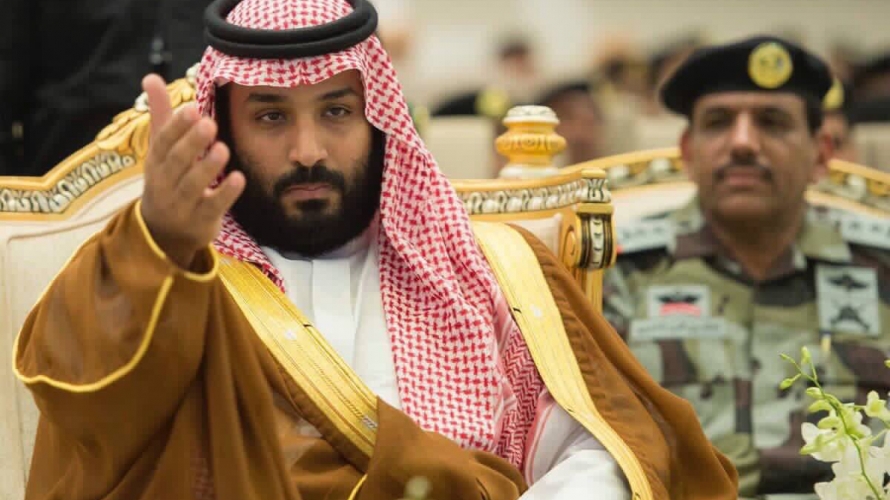
On July 17th 2017, Saudi Arabia beheaded seven individuals whom accused with murder, helping in carrying out murders and drugs smuggling. This number of executions considers as the highest figure implemented in one day since the crown prince Mohamad Bin Salman declared on the last April that he will decrease executions to the maximum extent possible; whereas the carried out executions since his declaration reached 30 executions, which means that the total reached to 72 executions since 2018.
These figures indicate that Saudi Arabia continues to carry out executions at the same pace as in past years. In 2015, 157 executions were carried out, and in 2016, 154 executions were carried out, and in 2017, 146 executions were carried out.
The latest mass execution included 4 foreigners living in Saudi Arabia; the ESOHR monitored the violations against foreigners in context of carrying out executions. The organization’s statistics show that Saudi Arabia has beheaded 504 foreigners during 13 years, under a judicial system that lacks the simplest basics of fair trial conditions, and sometimes non-Arabic speakers are prevented from translation.
In addition, the execution of the seven individuals included a case charged with a crime of drugs smuggling is an insistence on carrying out death sentences for crimes which are not classified as the most serious crimes under the international law; based on non-serious crimes, the number of executed people reaches 350 during 13 years. Also, it’s not known if any of the seven cases was monitored by the civil society individuals as the civil society is being crushed in Saudi Arabia.
The death sentences are still being implemented within a flawed judicial system that violates many rights and uses statements extracted under torture, coercion and deception, This is often seen and observed in many cases monitored by the organization in a report published in June 2018, where it showed the direct responsibility of the king Salman about the widespread torture approach in Saudi Arabia.
This reality places serious concerns on the fate of 51 prisoners who are facing death executions at different levels of litigation, including 31 of them which their sentences were finally ratified and might be executed at any moment including 8 children charged with many accusations including demonstrating. Because of the lack of transparency in the Saudi flawed judiciary system, the organization expects that there are larger numbers facing the risk of execution.
